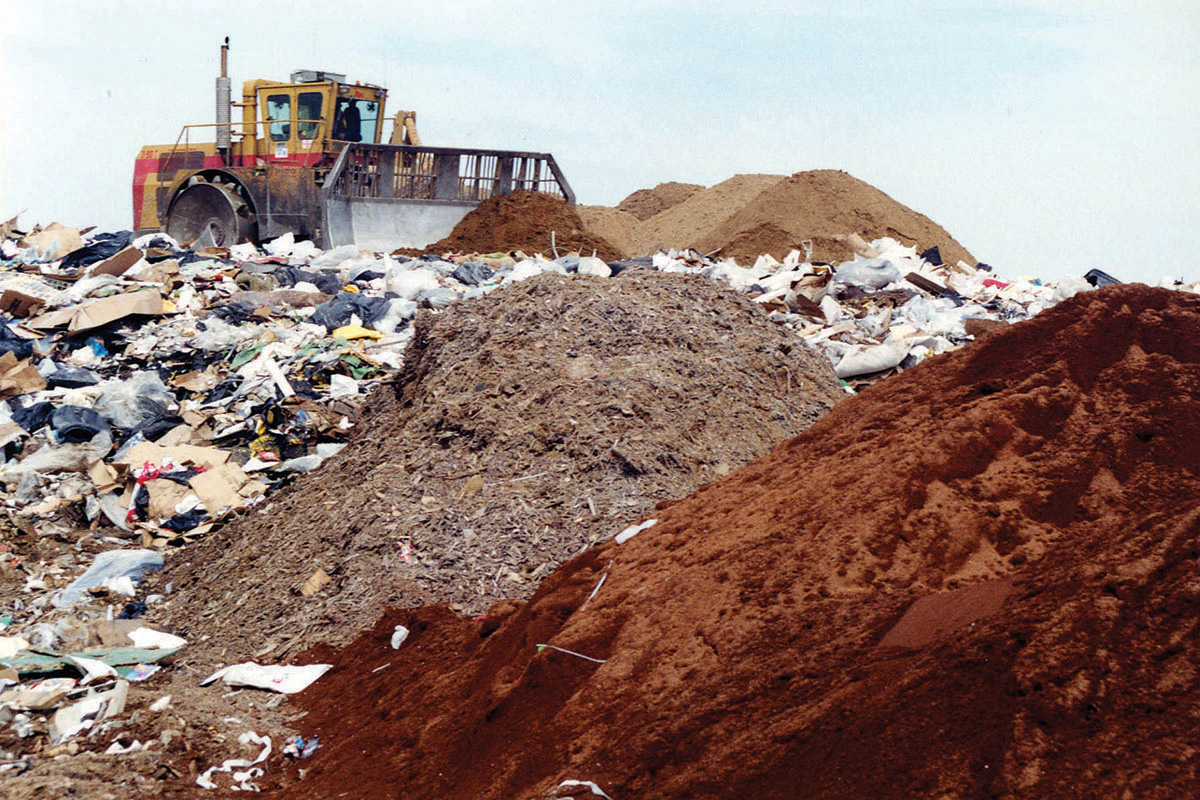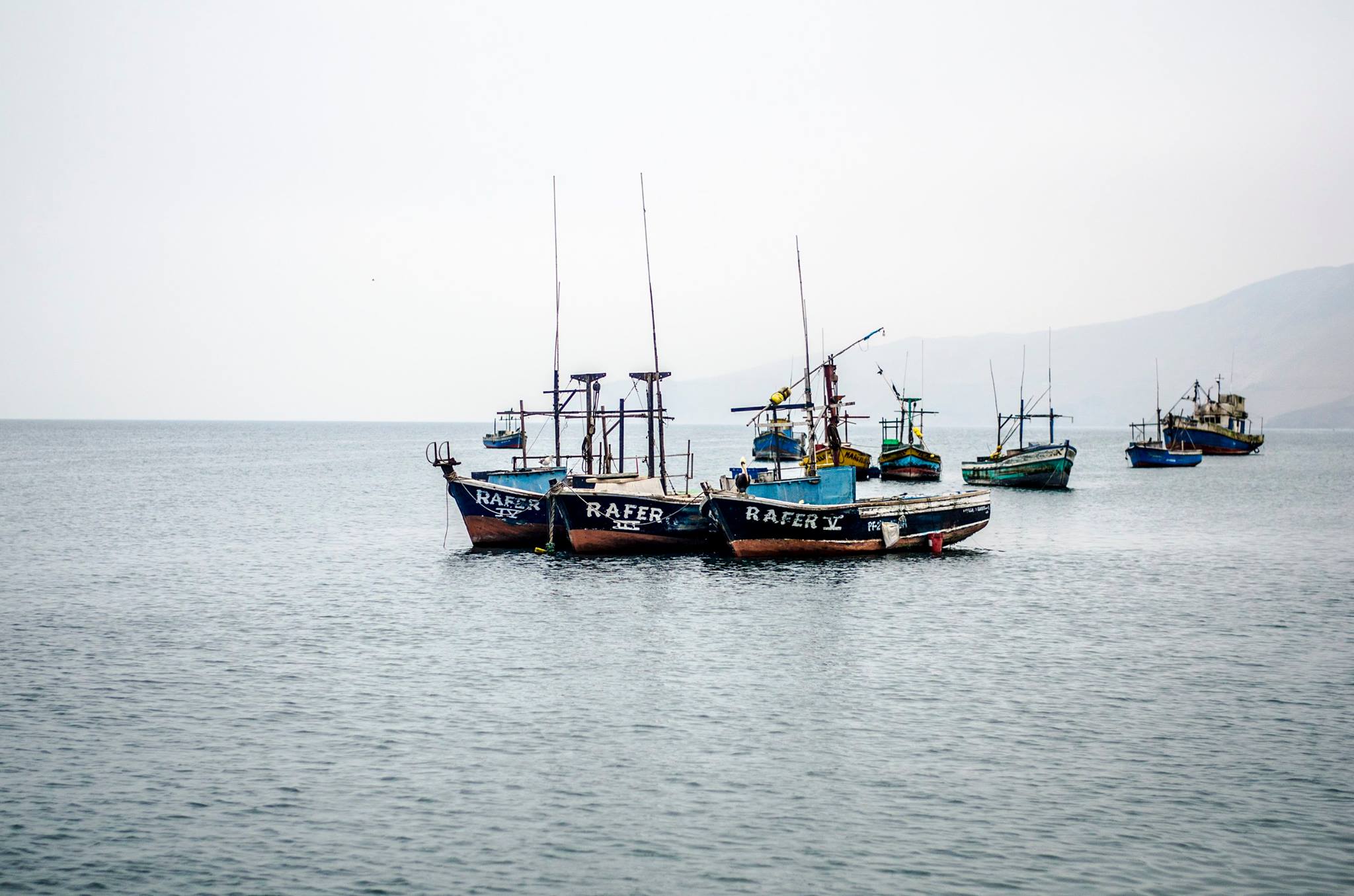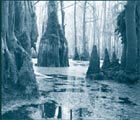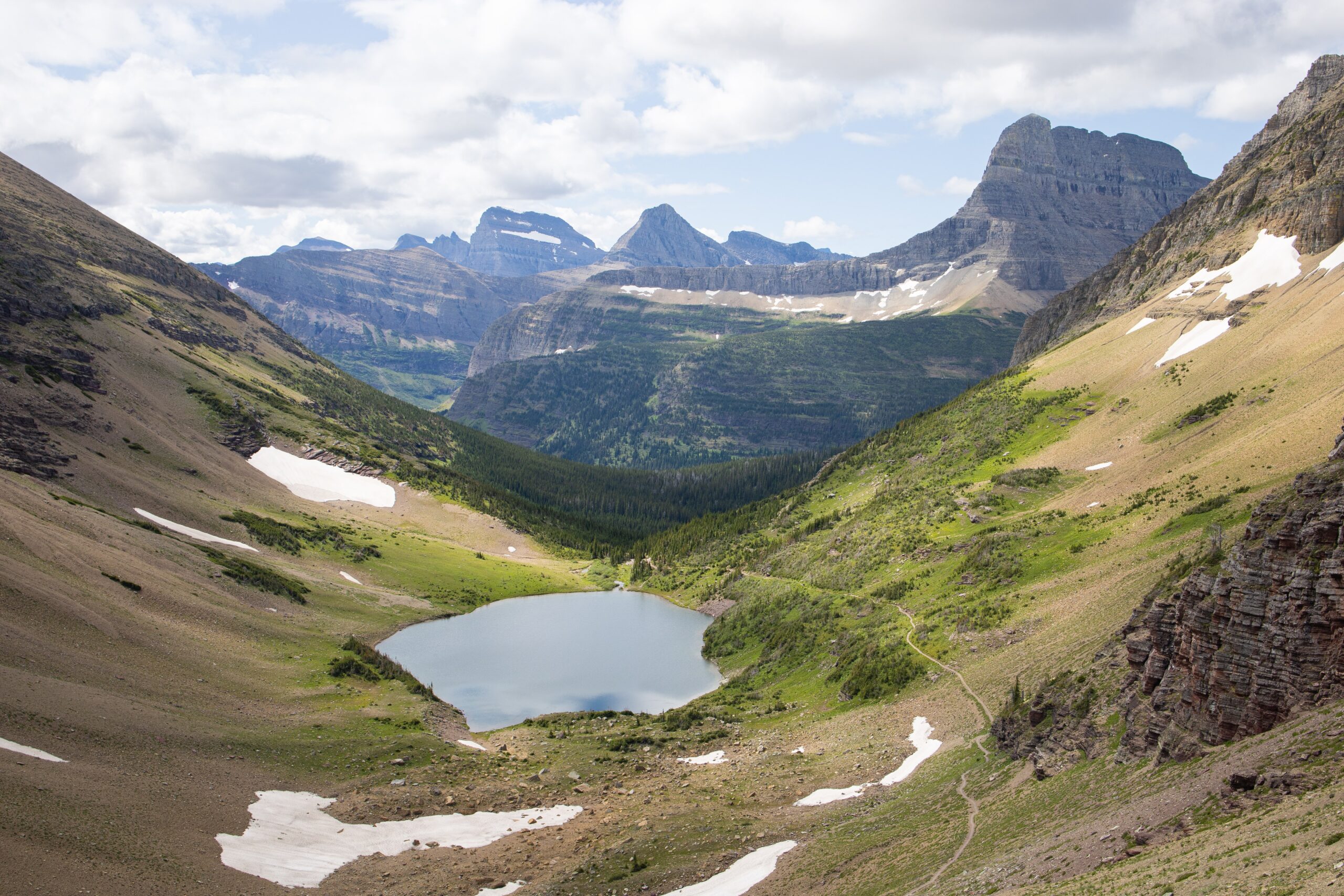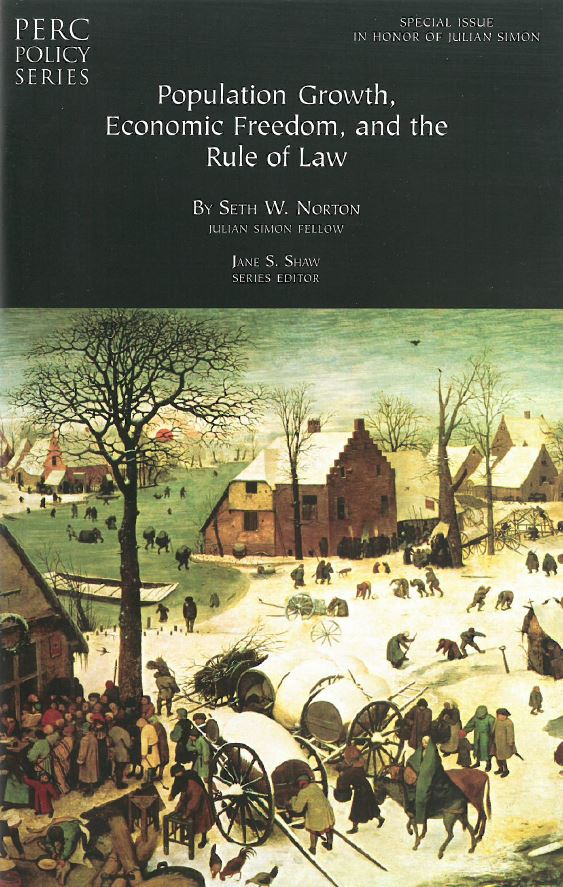[…] losses is modest in the context of the enormous American economy. Yet the estimates highlight a recurring feature of much extant and proposed federal environmental legislation. Restricting free interstate trade in trash will result in clear and demonstrable costs, leading to unequivocal reductions in our welfare. These will come in supposed anticipation of environmental […]
